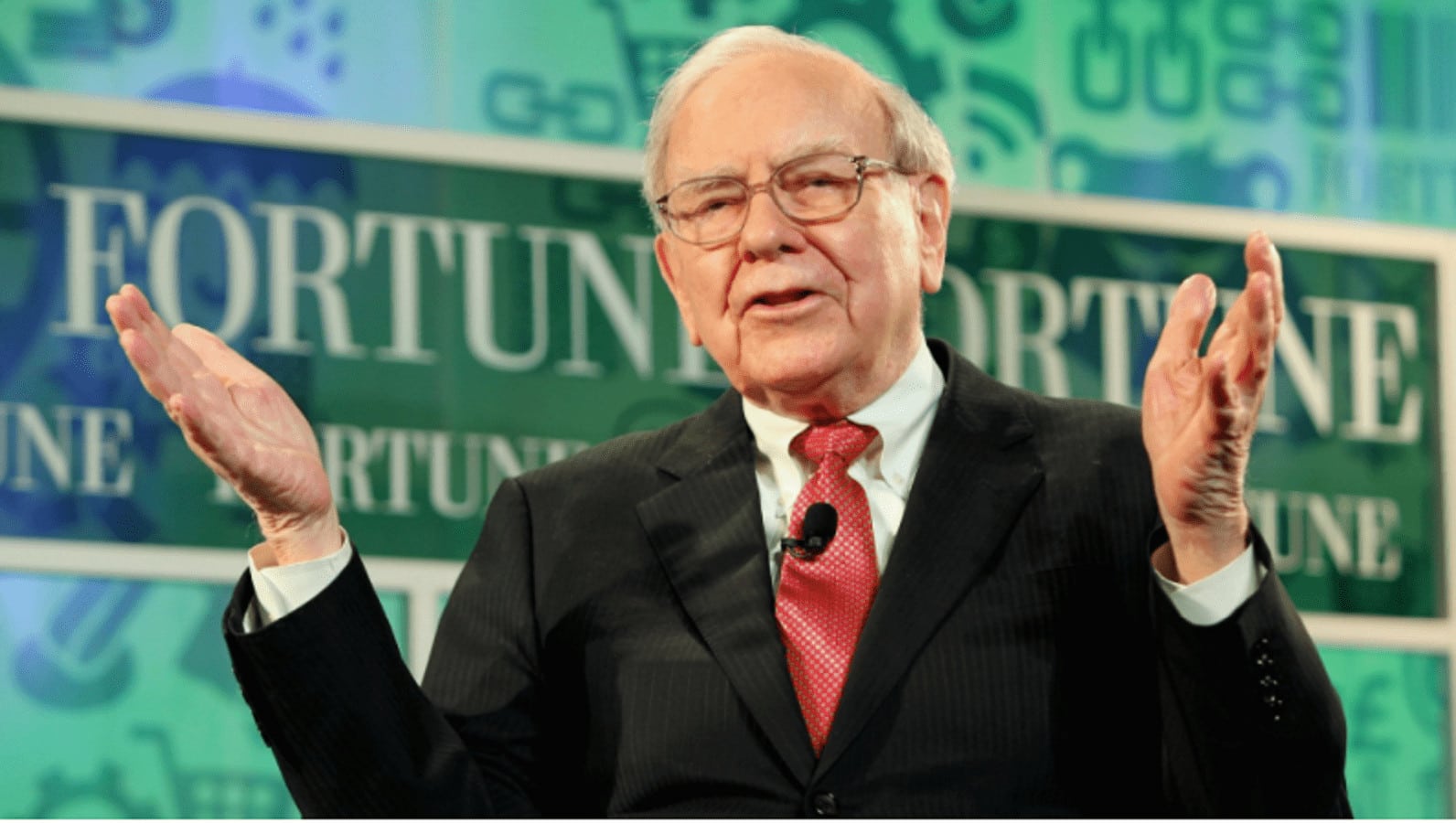
Legendary investor Warren Buffett warns that inflation in the U.S. remains a serious problem even if official data suggests otherwise.
Speaking at Berkshire Hathaway’s annual meeting, he said, “We still have very substantial inflation in the United States, but it’s never been runaway... yet,”
“And that’s not something we want to try and experiment with, because it feeds on itself,” he added.
The Consumer Price Index (CPI) — the government’s headline measure of inflation — dropped to a three-year low of 2.4% in March. But it’s still above the Fed’s 2% target, and that’s before the inflationary effects of Trump’s new tariffs kick in.
Meanwhile, cumulative inflation since the pandemic began has topped 23%.
Buffett also raised alarms about the federal government’s growing budget gap, a concern that stands in contrast to the Department of Government Efficiency’s (DOGE) apparently failed attempt to rein in spending.
The gap between what the government spends and what it brings in now stands at 7% of GDP, more than twice the level Buffett considers sustainable.
“I wouldn’t want the job of trying to fix the gap between revenue and expenditures,” he said. “It’s a job I think should be done, but Congress does not seem good at doing it.”
Buffett is still sitting on the sidelines — and getting paid for it
Berkshire Hathaway added more than $134 billion to its cash reserves in 2024, after trimming stakes in Apple (AAPL) and Bank of America (BAC).
The firm has been a net seller of stocks since 2019, repeatedly citing a lack of good opportunities. Part of that is due to Berkshire’s size: any deal has to be huge to make a difference.
But Buffett’s reluctance to take on risk could also be seen as a red flag: the greatest value investor of our time doesn’t see much value out there.
It also stopped its own stock buybacks, a move that may reflect Buffett’s growing unease with today’s valuations.
Much of that cash is now parked in U.S. Treasurys, bringing in about $12 billion a year in interest.
That caution looked well-timed earlier this year, when Trump’s trade war erased $9.3 trillion from U.S. markets. Stocks have since clawed back some of those losses, but the policy uncertainty hasn’t gone away.
Buffett warned that using trade as a political tool could do long-term harm to the U.S. economy.
“Trade should not be a weapon,” he said. While he didn’t name Trump directly, the criticism was clear. “We should be expanding trade relationships, not restricting them.”
Your email address will not be published. Required fields are markedmarked